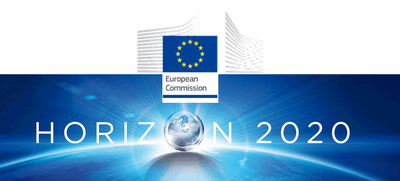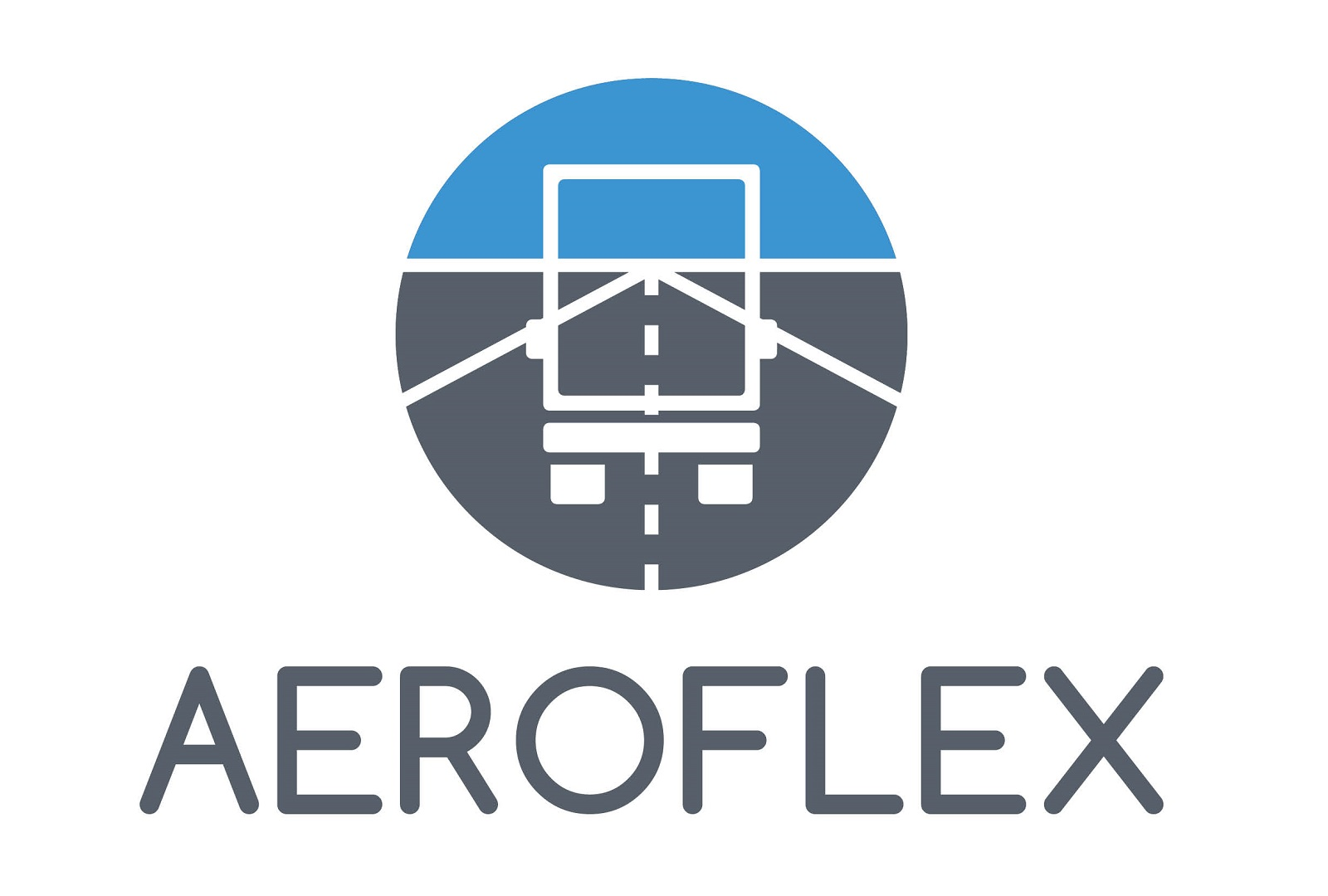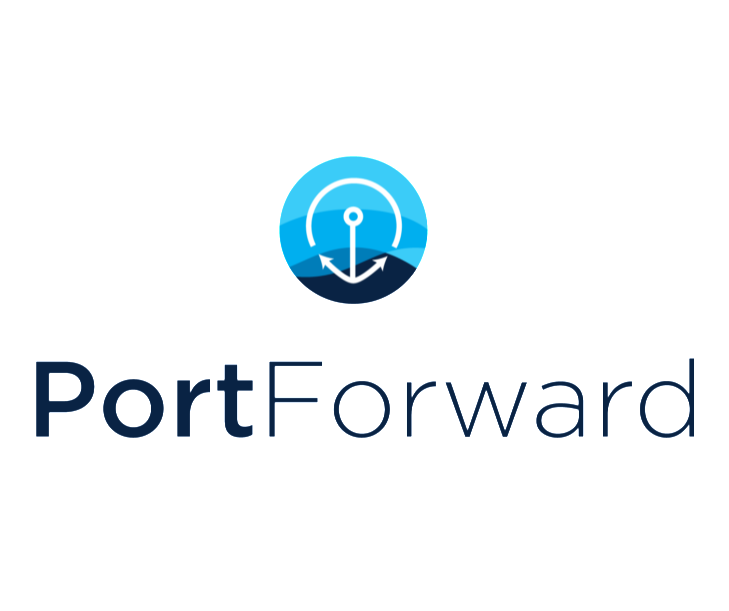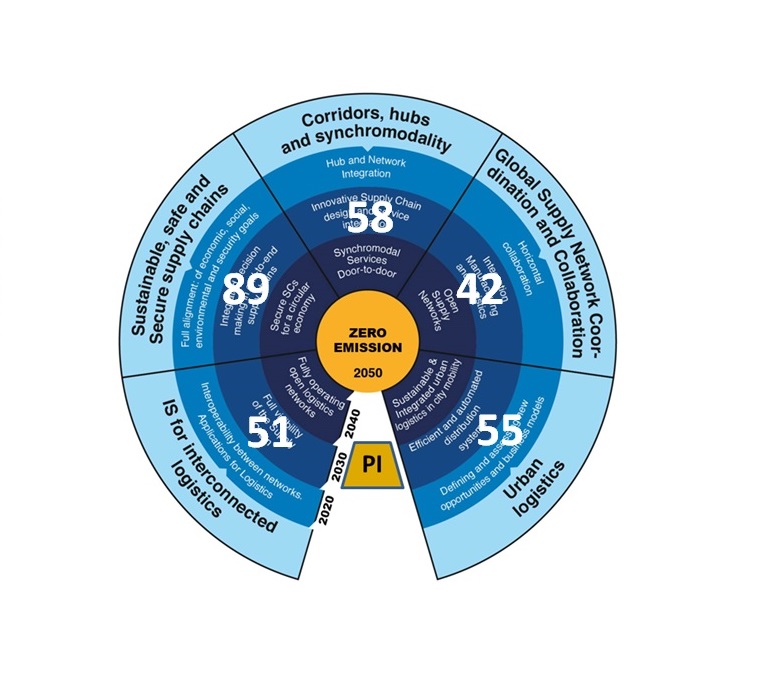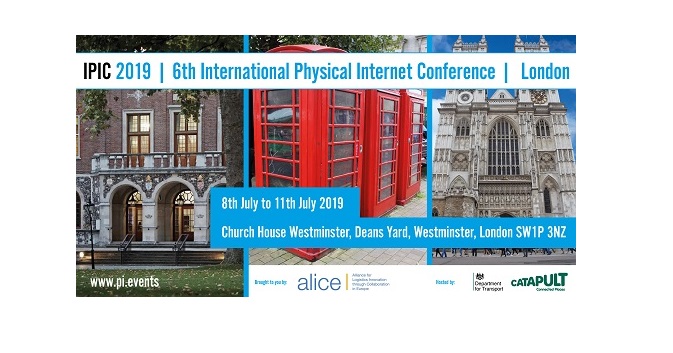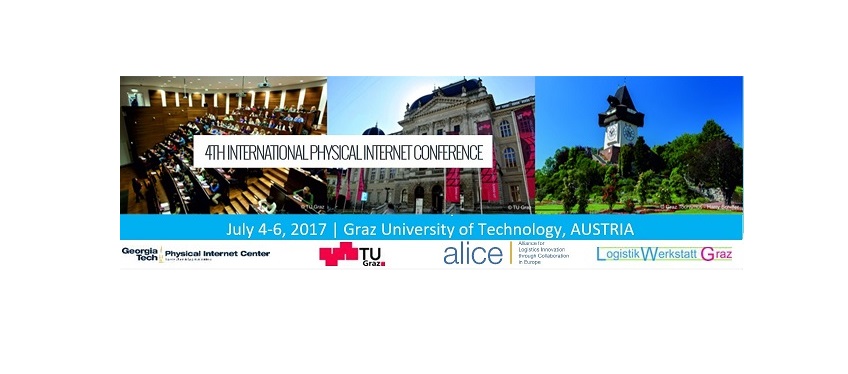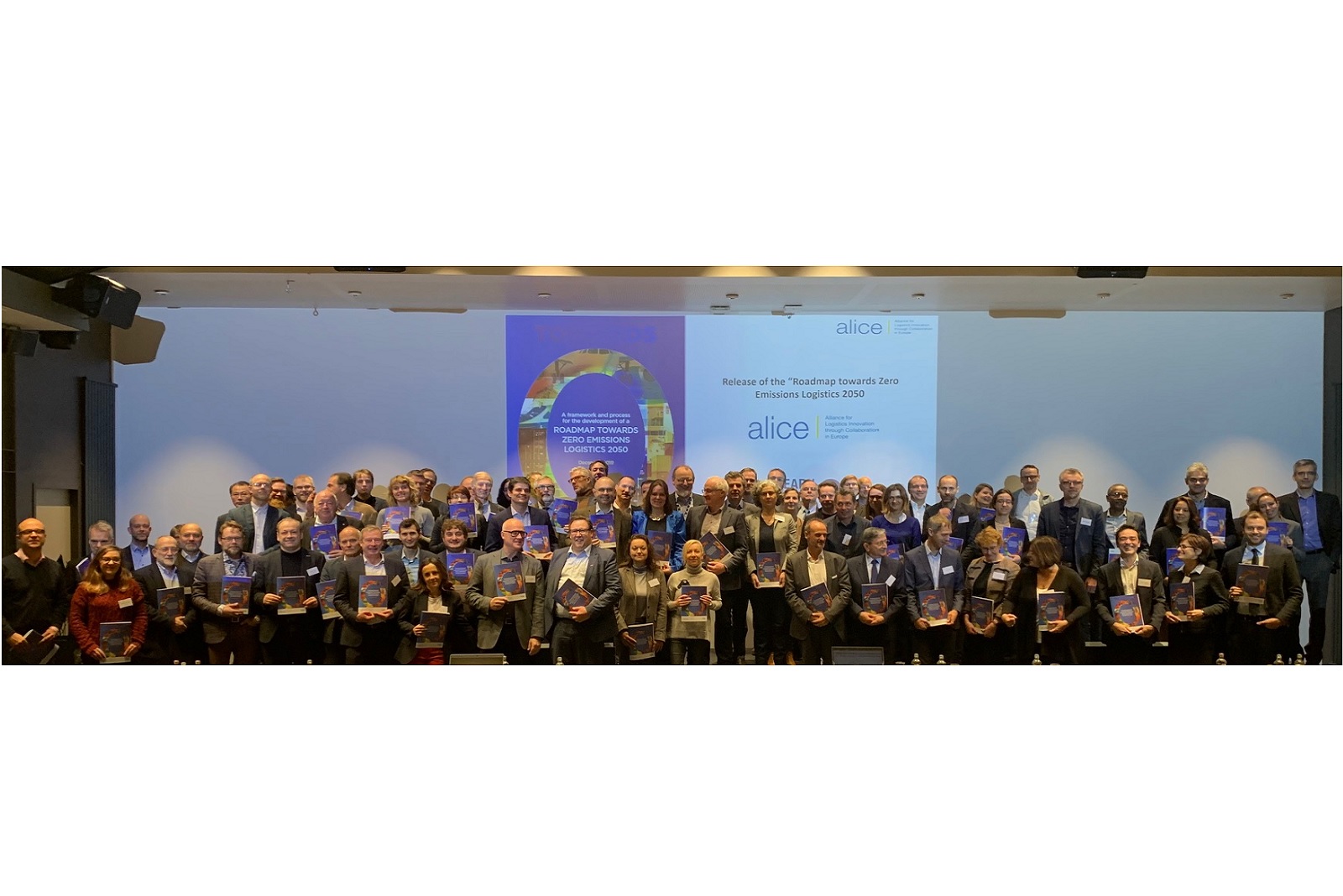This Group is currently focussed on supporting the implementation of the “Roadmap Towards Zero Emissions Logistics in 2050” solution areas:
- Fleets and Assets are Energy Efficient
- Fleets and Assets use the Lowest Emissions Energy Feasible
Additionally the Working Group delivered in 2014 a Research and Innovation roadmap on “Sustainable, Safe and Secure Supply Chains“. In this paper we sketched the context in which companies operate their supply chains in the 21st century. We identified that resource scarcity, demographic trends, safety concerns and security threats at global, regional and local level span the space of feasible supply chain design, planning, control and execution solutions. We envisioned an evolution towards fully integrated supply networks, in which logistics service providers, shippers and authorities closely cooperate. In particular shippers, as the owners of the goods in transit, play a key role; their decisions on product configuration after all determine what to transport.

